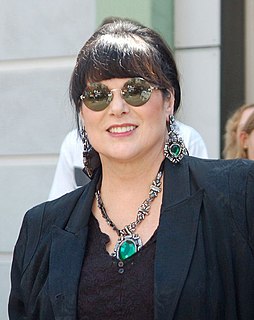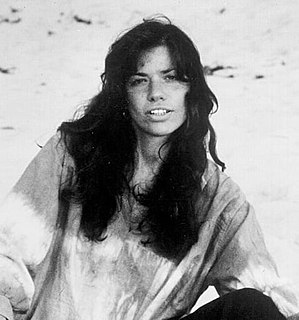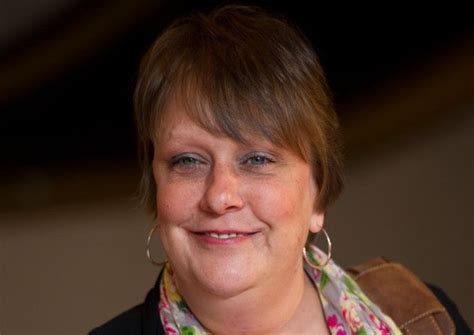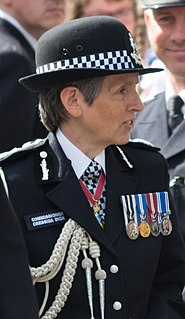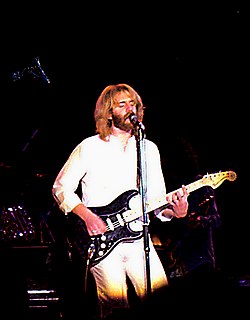A Quote by Ann Wilson
It was darn nigh impossible for women in rock in the 70s. There wasn't a mold if you were a woman and you were in the entertainment in the 70s. You were probably a disco diva or a folk singer, or simply ornamental. Radio would play only one woman per hour.
Related Quotes
When I was a kid, a lot of my parents' friends were in the music business. In the late '60s and early '70s - all the way through the '70s, actually - a lot of the bands that were around had kids at a very young age. So they were all working on that concept way early on. And I figured if they can do it, I could do it, too.
I was a young feminist in the '70s. Feminism saved my life. It gave me a life. But I saw how so much of what people were saying was not matching up with what they were doing. For example, we were talking about sister solidarity, and women were putting each other down. We were talking about standing up for our rights, and women weren't leaving abusive relationships with men. There were just so many disconnects.
When you talk to women who were working as print journalists or in broadcasting in the '50s, and then you talk to women who were working in the late '60s, there's an enormous difference. There had already been a huge transition. Then, of course, you get well into the '70s and there were women with children working.
When I look in the mirror I see the woman I knew I wanted to be as a child. When I was a young girl, I had a vision of the woman I wanted to be. And I often reached out to women of color in America for inspiration. My mother would regularly buy Essence and Ebony. I would look at those magazines filled with images of professional, intelligent women of color who knew who they were, who enjoyed who they were, and who were surrounded by other people who enjoyed who they were. When I look in the mirror, I'm really glad that that's what I see today, but it took awhile to get here.
It just struck me as really odd that there were all of these conversations going on about what young women were up to. Were young women having too much sex? Were young women politically apathetic? Are young women socially engaged or not? And whenever these conversations were happening, they were mostly happening by older women and by older feminists. And maybe there would be a younger woman quoted every once in a while, but we weren't really a central part of that conversation. We weren't really being allowed to speak on our own behalf.
